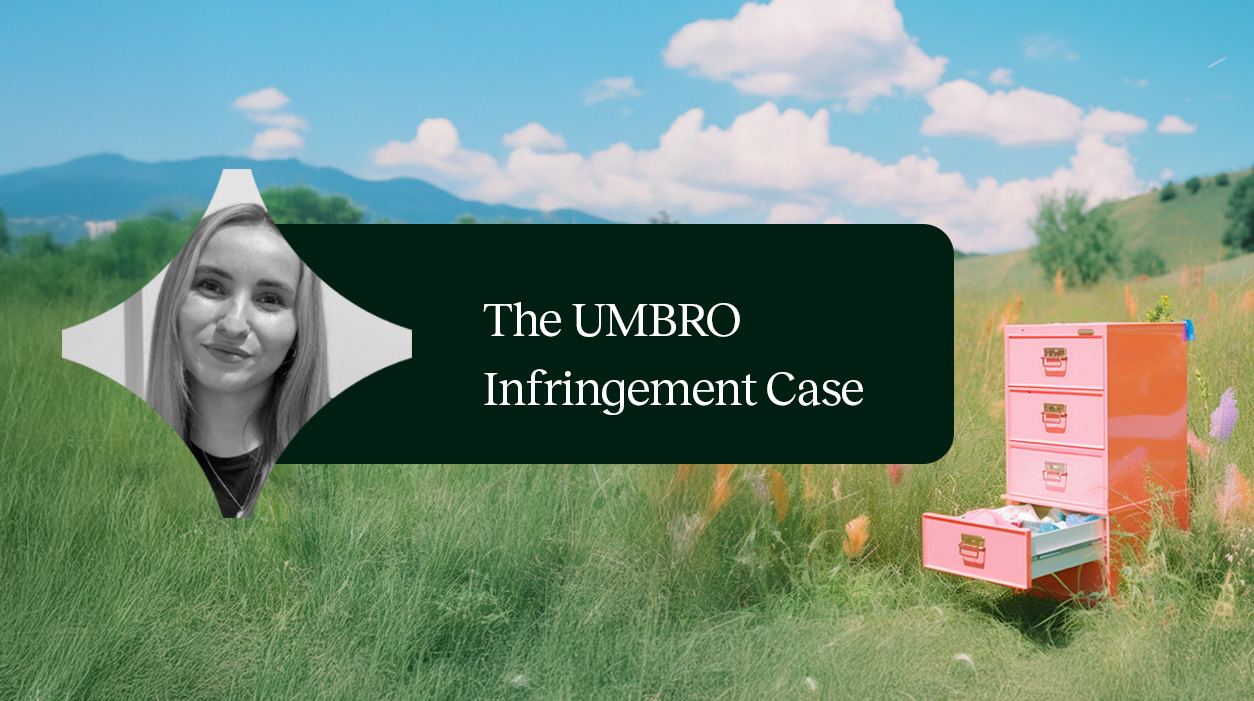I have a registered trade mark – so naturally I have the rights to the domain name, right?
- Domain Management
- IP & Trademarks
- Brand Protection

In this article you will find more information about the connection between a registered trade mark and a domain name and why you do not automatically own the right to the domain, just because your trade mark is registered.
Some time ago, we at Abion won the dispute over the domain name flygresor.com for our client, this after the owner of the .se domain tried to claim better right to this domain name. This was brought to attention by World Trade mark Review and below we will go through why the outcome was as it was and what to consider in questions regarding trade marks and domain names.
First and foremost, we need to understand how disputes regarding domain names work, and what organizations are responsible for these processes.
Domain name disputes are handled differently depending on which top-level domain (for example .COM, .SE, .DE) the dispute is about. However, disputes regarding generic top-level domain (gTLDs, such as .COM, .NET, .ORG) are handled by World Intellectual Property Organization, short form WIPO, through their dispute process UDRP (Uniform Dispute Resolution Policy).
WIPO decided through their dispute process UDRP that the owner of the domain name and trade mark flygresor.se do not have better rights to the domain name flygresor.com. The decision was due to the fact that the Complainant (the owner of flygresor.se) could not prove that the current owner of the domain name, the Defendant (our client), lacked a legitimate interest in the registered domain name.

But as a trade mark owner, don't you automatically have the right to the associated domain name?
Well, not necessarily. As a starting point, when it comes to domain name registrations the “first to file” principle apply.
This basically means that the person/organization that first registered a domain name is the legal owner of that name. However, as a trade mark owner there is often a possibility of claiming better right to a domain name that reflects one’s registered trade mark.
According to WIPO’s dispute process UDRP, three requisites must be met in order for a trade mark holder to prove better right to a domain name.
- the domain name must be confusable with a registered trade mark right
- the holder must lack a legitimate interest in the domain name
- the holder must use and/or have registered the domain in bad faith
If you, as a trade mark owner, can prove that all three of these requisites are fulfilled, there are prerequisites for having the domain transferred to oneself via the UDRP dispute resolution procedure.
Who registered first?
In the notable case flygresor.com, the Complainant (the owner of flygresor.se), failed in demonstrating that all the requisites were fulfilled despite their right in the registered trade mark flygresor.se. This resulted in that our client got to keep their domain name flygresor.com.
This is since the disputed domain name flygresor.com was registered in 2012 and thus before the Complainant registered the trade mark flygresor.se in 2017. WIPO also considered that the Complainant could not demonstrate that their trade mark flygresor.se, at the time of the disputed domain name's registration, had trade mark protection. Therefore, since the Complainant did not have a registered trade mark for flygresor.se, in combination with the fact that the word “FLYGRESOR” is considered to be generic (in other words of descriptive character), concluded in WIPO deciding that the Complainant had failed to prove that our client lacked a legitimate interest in the registered domain name. By extension this meant that not all the requisites according to WIPO’s UDRP were met – and the domain name flygresor.com was to be retained by our client.
Related services
Read more about Trademark protection and Domain Management
The decision in the case flygresor.se/flygresor.com demonstrated the importance of all the requisites/requirements being fulfilled in order to prove better right to a domain name according to WIPO’s regulations.
For a trade mark owner, it is therefore not self-evident that one has better right to a domain name even though one has a registered trade mark, but all relevant circumstances in each specific case must be considered.
Proactive and strategic work increases your chances
The case above also demonstrates the importance of having a secure and updated domain and brand portfolio, where you continuously work strategically and proactively to secure your legal and digital rights. Abion has many years of experience in domain name disputes and strategic counselling regarding domain and trademark protection, and we are helping some of Sweden’s most well-known trade marks with related questions.
Key takeaways
- As a starting point, the “first to file” principle is applied when it comes to domain name registrations, where the person who first registered a domain name is the legal owner of the name.
- Make sure you have a brand expert so that you do not end up in a dispute and if you do, they will know how to best resolve the situation.
- Be proactive and secure the rights to both your trade mark and your domain name!
Do you need help buying a domain, going to dispute, or registering a trade mark?



